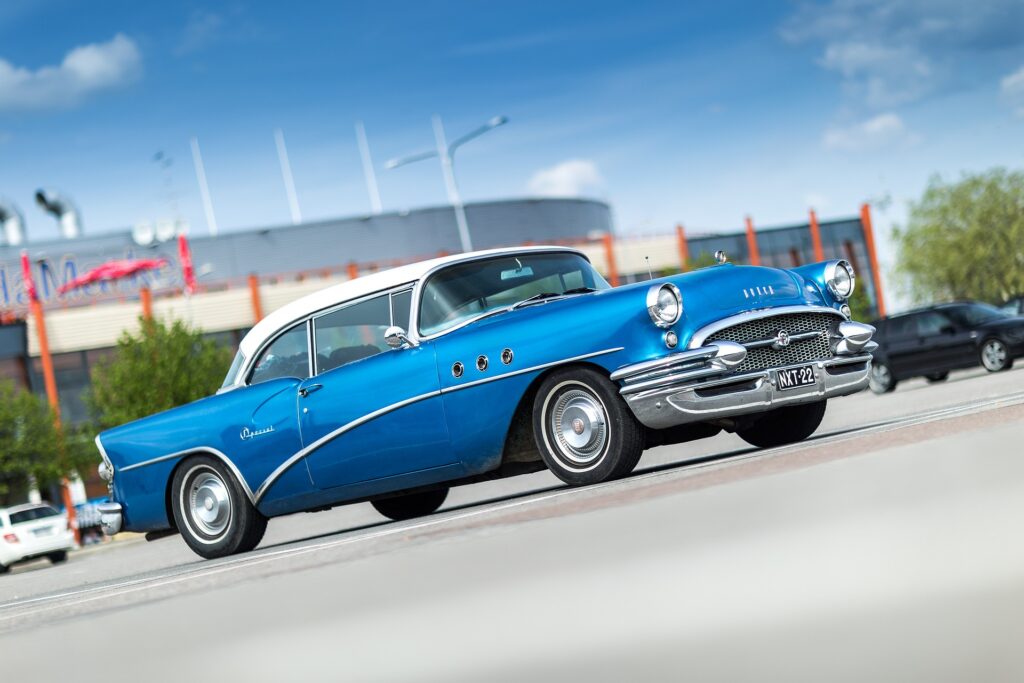In this article we are going to talk about the Advantages and Disadvantages of Leasing a Car. Leasing a car is a great responsibility. It involves a lessor or a leasing company who buys the car from the dealer or manufacturer and thus the lessor or the leasing company officially owns the car. The lessee on the other hand leases the car from the lessor or the leasing company for a specific time period and simply uses the car for her/his own purposes by paying a specified amount at regular intervals. The amount and the period is specified in the agreement or the contract itself that is signed by both parties and it also includes certain terms and conditions. Leasing a car involves several advantages as well as several disadvantages, however, it is important to keep in mind that the terms and complexities involved in each leasing agreement differs according to the leasing company and the lessee.
Advantages of Leasing a car
Here are the advantages of leasing a Car mentioned below:
1. Cost Saving and Economical

Since the Leasing of a car requires the lessee to pay regular rentals to the lessor, it is much more affordable than to buy a car at the original sale price. Buying a car requires the buyer to pay the amount in totality immediately. However, paying a lower amount at specified, regular intervals eases the cost burden on an individual and is thus more affordable. The practice of leasing a car will also save the hassle of applying for a loan and getting it approved from the bank which would otherwise be required if one was to buy otherwise buy a car. Therefore, Leasing a car is much more economical and is affordable for those who cannot pay the total amount of the sale price of a car in one go.
Click Here: Best Car Blogs
2. Cost Repair and Maintenance

When leasing a car the lessee does not have to bear the cost of repairs and maintenance of the car. All the costs will be taken care of by the lessor or the leasing company. Thus, even if there are any major damages that are caused to the car, because the car is leased during the warranty period, the repairs will be taken care of by the leasing company without any burden on the lessee. Though the conditions largely depend on the terms and conditions of the leasing agreement, the larger portion of the costs of maintaining the car is taken care of by the lessor and the lessee can use the car with only the cost of fuel to bear along with the payments that have to be made to the the lessor at the specific regular intervals.
Read Also: 10 Questions to Ask When Buying a Used Car From a Dealership
3. A New Car Every time

At the end of the tenure of the leasing agreement, the lessee can chose to buy the car if she/he wishes to keep it by paying the leasing company or the lessor the differing value. However, if the lessee does not wish to buy the car, she/he can exchange the car for another model. Thus for example, if a leasing agreement ends in three years, by the end of three years, the lessee can exchange the car for another model and she/ he will have a new model at the end of every three years.
Therefore, exchanging the car at end of the period of the lease for a newer model not only gives the lessee a new car, but also renews the warranty period and the model and thus the lessee does not have the same car for a long period of time. However, the lessee can also choose to buy the car at the end of the tenure of the leasing agreement and she/he is given a choice.
Read Also: Top 10 Most Popular Cars in the World
4. Partial ownership for investment

When leasing a car, one has to play a small sum of money to have partial ownership over a car and she/he can further use the car to invest in other endeavours. The car be used by the lessee for whatever she/he wants to and therefore, the lessee can use the car to earn a steady flow of income for example. Thus the lessee is only paying a small amount to use the car and invest in something else.
Click Here: Best Used Car Websites
5. Time Saving

Leasing a car does not require the lessee to apply for a loan and wait for it to get it approved and sanctioned. Once the lease is applied for and the down payment is made to the leasing company, the car is immediately ready and available for the use of the lessee without wasting any time. When buying a car, one has to apply for a loan and wait for it to get approved and sanctioned and only then one is able to use it. However, leasing a car on the other hand is free of all these hassles and is much easier and it also saves time.
Read Also: Things to Know Before Buying a Car
Disadvantages of Leasing a car.
Here are the disadvantages of leasing a Car mentioned below:
1. No complete ownership

Leasing a car does not allow the lessee complete ownership over the car. Thus the car is never one’s ‘own’. When leasing a car, the lessor or the leasing company officially owns the car. The car is bought from the manufacturer or dealer which is then leased out to the lessee. Thus the lessor actually owns the car and lessee only has partial ownership over the car and the rights to use it by paying a sum at regular intervals. Thus the lessee never feels like she/ he ‘owns’ the car and it is not their own because it officially belong to the lessor.
Click Here: 10 Best Car Review Websites
2. Greater expenditure in the long run

By the end of the period of the lease, the lessee ends up paying a greater amount for the car than the actual sale price of the car itself. Even though the lessee is required to pay only a small amount per month, or at an interval as agreed on by the leasing agreement and contract, the overall sum of the money paid by the lessee by the end of the leasing agreement amounts to a much lager amount than the actual sale price of the same car itself if bought directly from the manufacturer or the dealer directly. This thus results in the lease paying more but in smaller amounts at intervals which all sums up to a much larger amount.
Read Also: Top 10 Coolest Cars in the World
3. Restrictions on Custom Changes and Improvements

Because the car is officially owned by the lessor, the lessee has little freedom and certain restrictions when it comes to making certain changes or improvements to the car. Any changes that the lessee wishes to make to the car needs to be approved by the lessor and thus, the lessee cannot customise or make changes to the car at her/ his own free will. Therefore, there are several restrictions that an individual faces when leasing a car. There is limited freedom because the lessee does not own the car and thus any changes in the car must be approved by the lessor who is the official owner of the car.
Read Also: Benefits Of Buying A New Car
4. The power to withdraw the car

Depending on the terms and conditions of the leasing agreement, the lessor has complete ownership over the car and can decide to withdraw the car from the lessee at any given point. Thus if the lessor decides to withdraw the car, she/he has the right to and the lessee has no say in the same and will have to bear the loss of the car before the end of the period of the leasing agreement.
Read Also: 10 Benefits of Car Insurance
5. Termination is difficult

One cannot easily terminate the leasing agreement unless the tenure is completed. There are numerous penalties and costs that one might have to bear if she/he wishes to terminate the contract before it ends. When buying a car, one can simply sell it if she/ he wishes to. However, letting go of a leased car is not as simple and involves several complications. Thus, for example, if a lessee wishes to give up the car and end the leasing agreement amidst the specified tenure, it will cost her/him a large sum of money and other complications based on the terms and conditions of the leasing agreement.
Read Also: Benefits Of Buying A Used Car
Leasing a car is an enormous decision and involves several pros and cons. The subject of this article is not to portray either the advantages or the disadvantages as greater than the other or of greater importance than the other, it is to bear in mind that Leasing a car involves both advantages and disadvantages and they must be carefully considered. It involves several responsibilities and both parties are liable for the car. Another important thing is to measure and weigh out both the advantages and the disadvantages and then make a decision. It is extremely important to read all the terms and conditions of the leasing agreement or the contract.
One must also be thoroughly informed about the intricacies of the leasing agreement and the various aspects of leasing a car to begin with. It is extremely important to consider the fact that every leasing agreement will comprise certain terms and each may differ from the other. Therefore one must make sure she/ he is well read and thorough about the complexities involved in leasing a car and must take an informed decision so that she/ he does not have to regret the same later.




